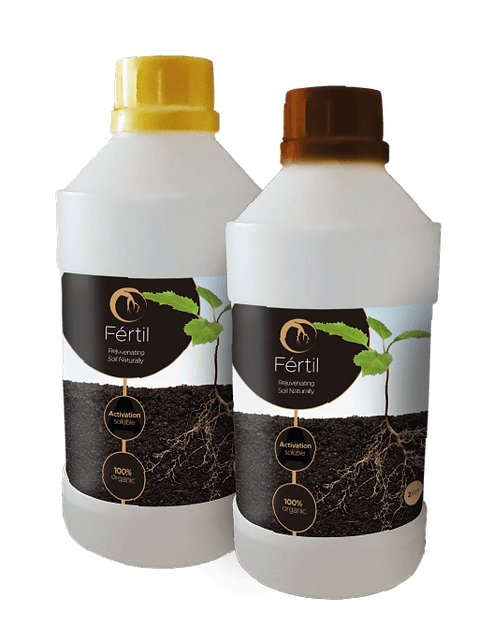
Heightening
Foundation
by rejuvenating Soil Naturally
Microbes in the soil are directly tied to nutrient recycling especially carbon, nitrogen, phosphorus and sulfur. Bacteria are a major class of microorganisms that keep soils healthy and productive. Plant–bacterial interactions in the rhizosphere are the determinants of plant health and soil fertility.
Fétil promotes natural Microbes growth that enhances soil fertility through time. Fétil also maintains fertility of soil and improves yeild volume without the use of high cost chemical fertilisers that potententially damages soil in the long run.
Why Real farmers grow soil









Free-living soil bacteria are beneficial for plant growth, usually referred as plant growth promoting rhizobacteria (PGPR), an active agent capable of promoting plant growth and yeild by colonizing the plant root. PGPR are also termed plant health promoting rhizobacteria (PHPR) or nodule promoting rhizobacteria (NPR).
PGPR also help in solubilization of mineral phosphates and other nutrients, enhance resistance to stress, stabilize soil aggregates, and improve soil structure and organic matter content. PGPR retain more soil organic N, and other nutrients in the plant–soil system, thus reducing the need for fertilizer N and P and enhancing release of the nutrients.
Thousands of free living bacteria, packed in 2 bottles
Natural
Promotes growth
Enhances yield
Imporves soil structure



Crop residue
Decomposition
Nitrogen
Phosphorous
Potatasium
Nitrogen
Nitrates
Bacteria
breakdown
Residue
Bacteria
breakdown
Ammonium
Denitrifying
bacteria
breakdown
Nitrates
Plant growth
Promoting
Rhizobacteria
( PGPR )
Plant growth
Promoting
Rhizobacteria
( PGPR )
What does the
bacteria
do to keep your
soil
fertile
In the wild nature plants are naturally healthy promising productive yeild all year round. That is due to years of natural bacteria cycle without any soil deterrence. Fétil mimics nature by re-starting the bacteria cycle on non fertile and damage soil, ensuring healthy soil for decades to come.







